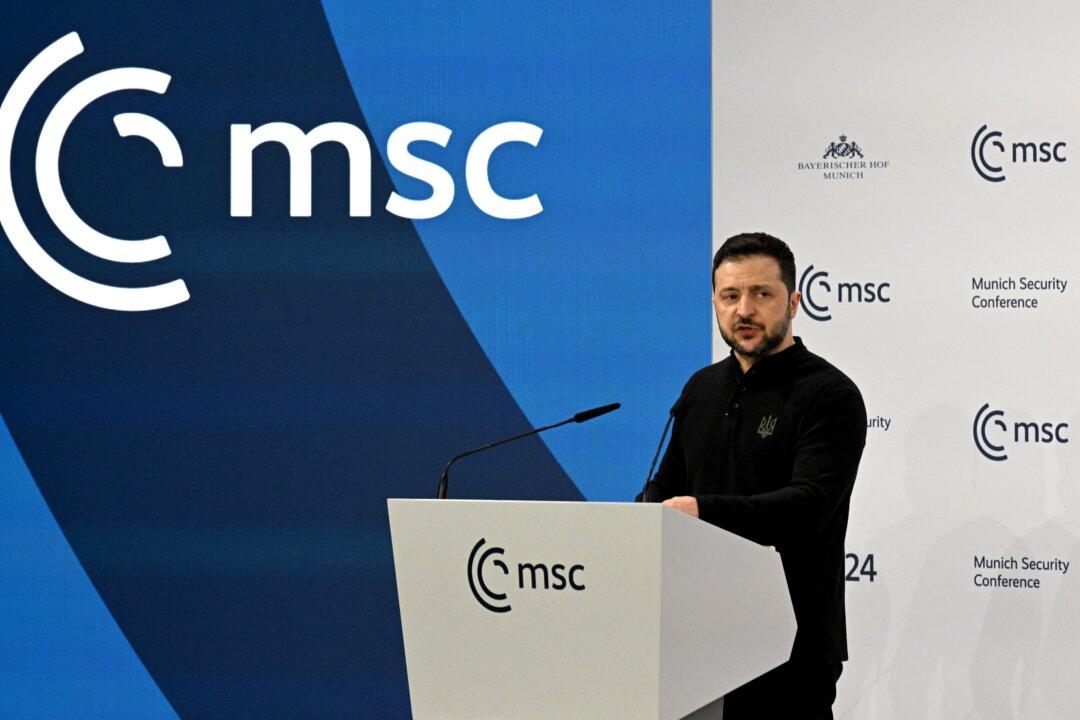Ukrainian President Volodymyr Zelenskyy is calling for the creation of a European armed forces as the United States encourages Europe to take on more responsibility for its own defense.
Speaking to world leaders at the Munich Security Conference on Feb. 15, Zelenskyy said establishing a European military is necessary to ensure the future peace of the region.




